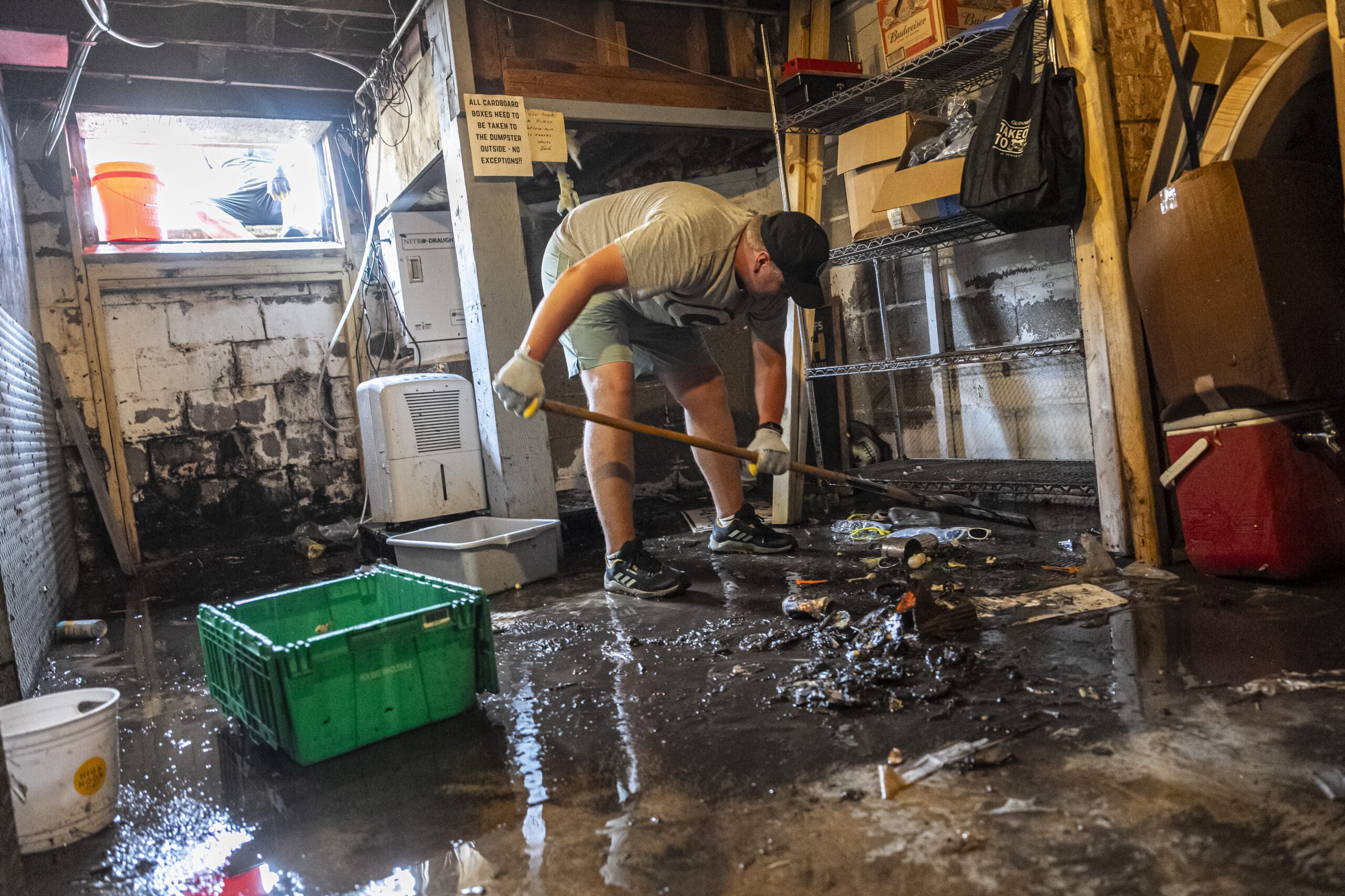Graduation parties, birthdays, and weddings are joyous occasions, but when costs rise, tough choices follow: Guest lists may shrink, plated dinners turn buffet-style, and fresh florals may be replaced by artificial ones.
Event hosts might face tighter budgets as everyday goods become pricier due to President Donald Trump’s tariffs.
“Price increases affect everyone,” said Karthik Namasivayam, director at Michigan State University’s School of Hospitality Business. “It’s impacting the service side, supply side, and customer side.”
Trump has enforced, paused, and modified tariffs since returning to office, leaving businesses and consumers uncertain. Lawsuits by small businesses and states against these tariffs were ongoing in federal court as of June 10.
Experts highlight that produce, seafood, beef, and cheese are major imports affected, potentially raising meal costs. Namasivayam notes other event items like balloons and wedding gowns, mostly imported from China, might see price hikes.
As tariffs raise import prices, demand for U.S.-made products could spike prices domestically, Namasivayam explained.
“Consumers won’t find prices supportive—they will rise,” warned Namasivayam. “Event planners need to budget extra dollars.”
Wedding planner Victoria Stachlewitz assists couples with their dream weddings, a process often marked by financial stress. Her clients, usually in their late 20s to mid-30s, often pay for their ceremonies without outside help.
Weddings are expensive, with average costs rising by over $10,000 in five years, said Stachlewitz. Many couples bear these expenses alone, impacting decisions like guest lists and venue choices.
Unpredictable pricing due to tariffs adds planning challenges, as highlighted by Stachlewitz. Meetings Professionals International released an April report showing most event businesses suffered from U.S. policy shifts.
Stachlewitz offers various wedding packages and maintains her rates despite cost changes, absorbing the difference. “It’s stressful,” she said, noting her services might be cut if couples face financial strain.
For other vendors, contract flexibility exists. At a recent food supply chain conference, managers discussed securing the best prices as prearranged contract terms became invalid due to price changes.
“Everyone’s scrambling for the best path forward,” Namasivayam said, emphasizing the current instability that’s taken over the sector.
Stachlewitz advises tracking all hidden fees to avoid budget surprises. “Due diligence will always benefit you,” she said.
—
Read More Michigan News









